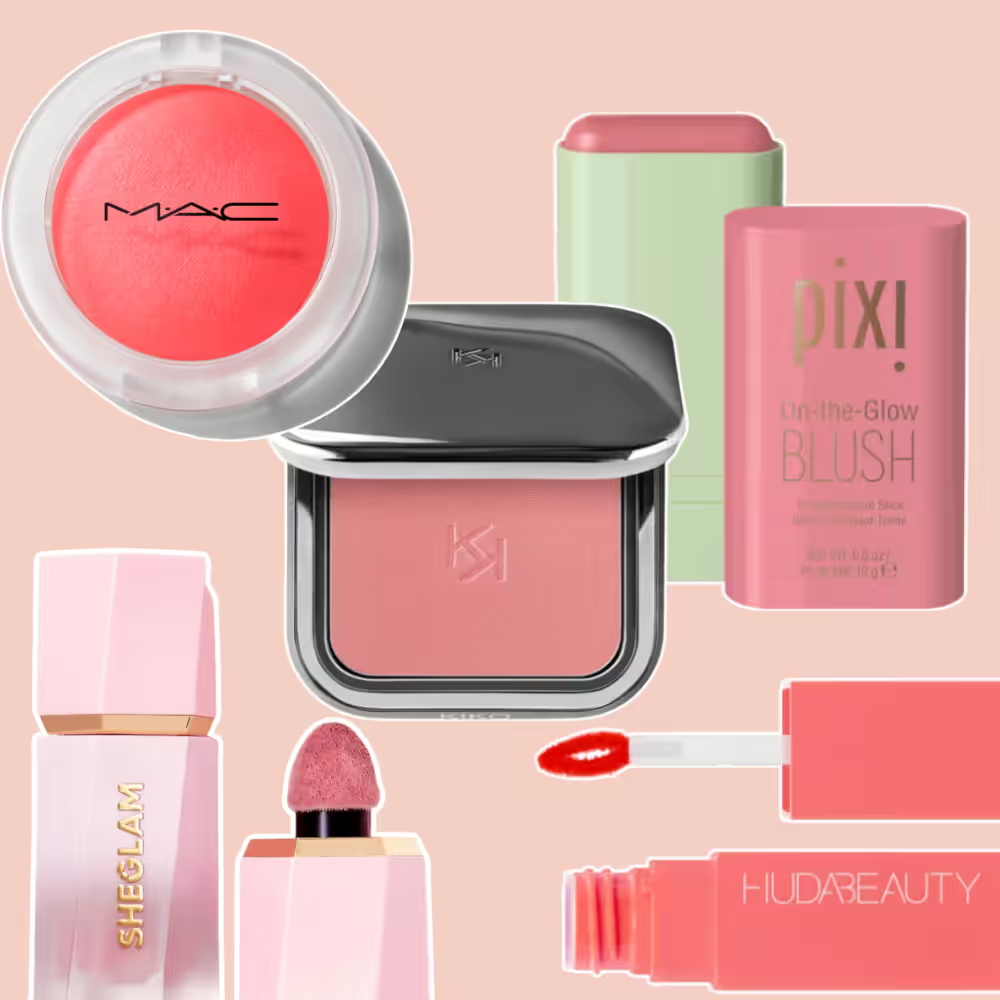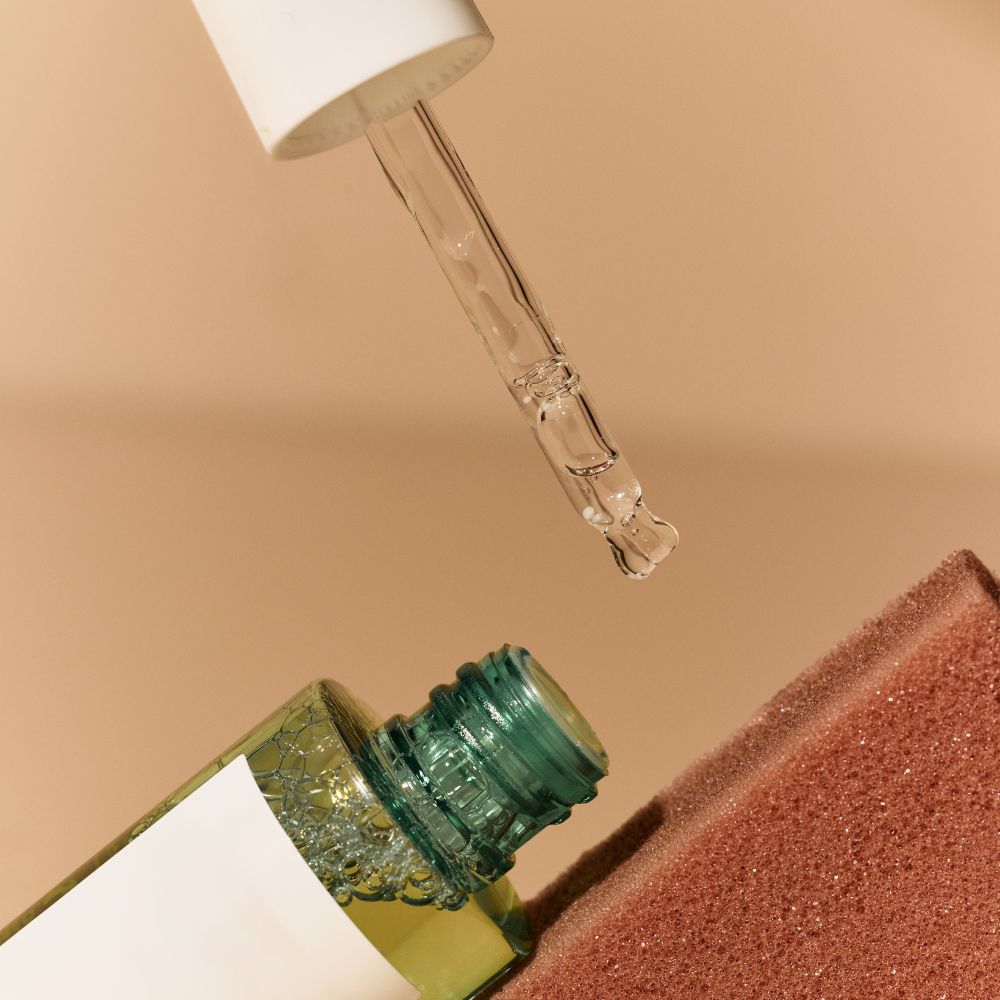
Dealing with acne never makes for a fun item on your skincare to-do list, but just when you manage to drive the last vestiges of your flare-up out of the door, you discover that there are a host of marks and scars left behind as souvenirs. While armchair experts on Instagram like to tote an endless list of home remedies—do your skin a favour and say no to the baking soda scrub. Here’s what Dr Madhuri Agarwal, founder of Yavana Aesthetics Clinic, wants you to know about getting rid of acne scars and making sure they’re gone for good.
Acne scars vs acne marks
For starters, it helps to know the difference between acne scars and marks. “While both terms are largely used to describe the damage left by acne, for those who want to nit pick, the skin discolouration left by acne is called acne marks while the pits and depressions are termed as acne scars”, explains Dr Agarwal.
Knowing the difference between the two can also dictate your approach to their treatment. Acne marks, such as dark spots and blemishes, are generally superficial and refer to changes in the colour of the skin. However, acne scars are depressions in the skin that cannot be solved entirely with topical products, but require the intervention of in-clinic procedures to be treated completely.

What you need to know about treating acne scars
The road towards smooth, acne-free skin is often hampered by myths and hearsay. In the two decades of Dr Agarwal’s experience, she has found that misinformation can be a major deterrent in acne spots removal. “Many people like to believe that acne scars will go away on their own with time, but as the skin ages and loses collagen, they can become worse,” she adds. Home remedies serve as another pain point for the dermatologist, who has found that most DIY concoctions can cause further damage and worsen acne scars.
Instead, she emphasises the importance of treating active acne early and resisting the urge to pick at scabs to avoid leaving behind a trail of scars and indentations. “People also believe that acne scars occur only on the face, but there is oil gland activity everywhere on the body, including the back, chest and shoulders,” she says. “Since the face is an easily visible area, you notice the scars sooner, but other scars need proper treatment as well.”
All the clinical treatments that can help deal with acne scars
While topical products can help to a certain degree, Dr Agarwal recommends the following in-clinic treatments for a long-term reprieve from scarring in the skin:
1. Radiofrequency (RF) microneedling
With the use of fine microneedles, tiny wounds are created in the skin to trigger the production of collagen. The process also uses radiofrequency waves that accelerate new skin production for reducing pigmented scars and the visibility of atrophic scars, while also tightening pores.
2. Intradermal radiofrequency
Ideal for stubborn, adherent fibrotic scars that are not responsive to conventional radiofrequency and laser, this treatment provides heat to the dermis directly underneath the skin surface to boost collagen and treat acne scar tissues.
3. Non-ablative lasers
Treatments such as Erbium-YAG, Erbium glass and CO2 lasers can improve skin texture and acne scars by vaporising the damaged skin and stimulating new collagen.
4. Dermal fillers
The injection of hyaluronic acid fillers lifts depressed scars and makes skin texture more even. However, this isn’t a permanent solution as compared to lasers as the effects can last only up to a year.
All the topical acne products you need to know about for treating acne scars
Now that you have been briefed on effective solutions for acne scars, here are some topical skincare products that can lend a hand in reducing early and superficial scarring.
Look for pigment-reducing ingredients such as azelaic acid, arbutin and alpha hydroxy acids like glycolic lactic or mandelic acid—the Kaya Acne Free Purifying Toner with mandelic acid for oily and combination skin will prove to be a worthy ally in your quest for blemish-free skin. The Mamaearth Tea Tree Foaming Face Wash with tea tree and salicylic acid can also lend a hand for minimising fresh acne scars.







.PNG)
.PNG)
.webp)

.PNG)
.JPG)

















